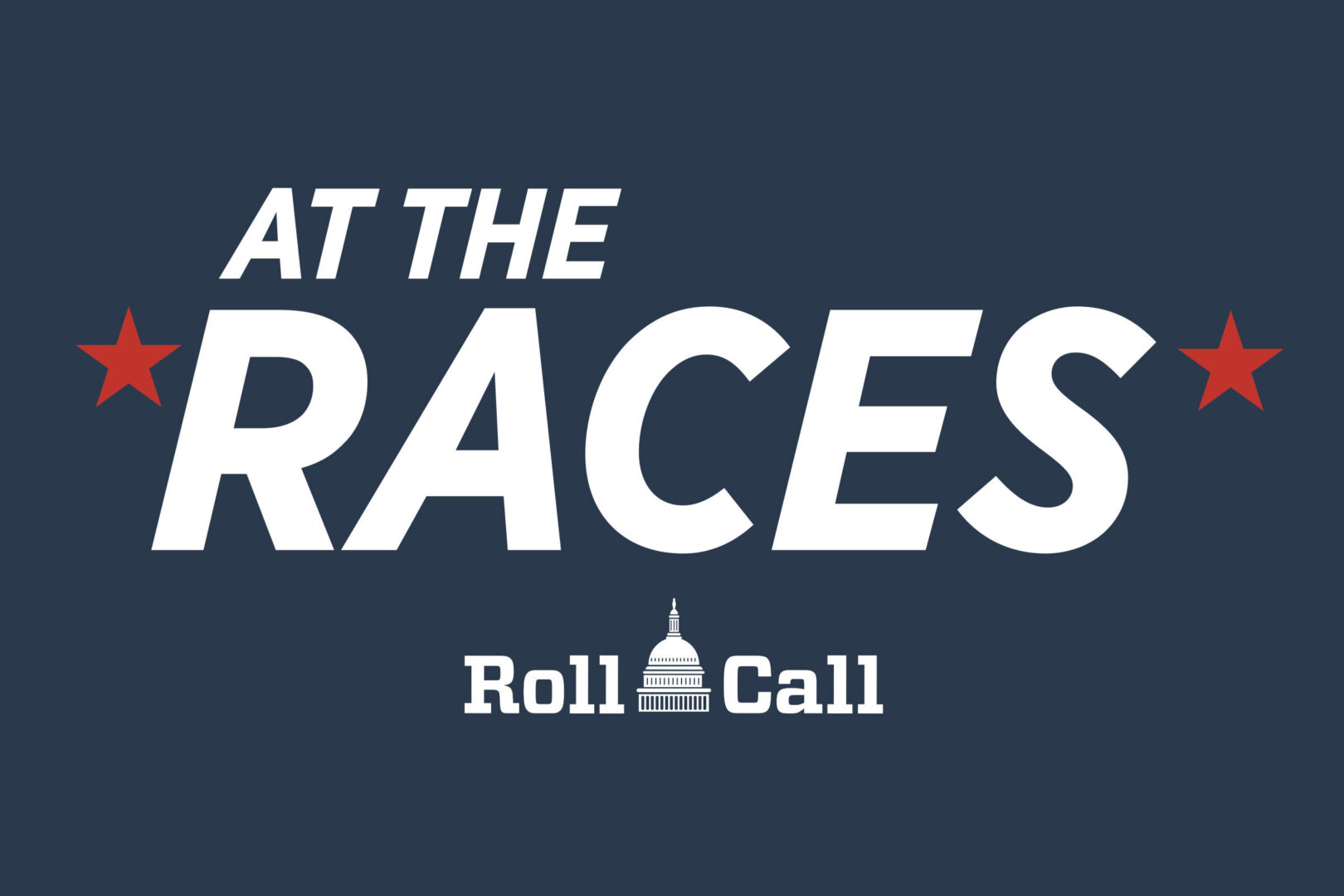Welcome to a pivotal moment in American politics as lawmakers conclude their August recess, bracing for a season of crucial decisions that will shape the upcoming election cycle. This period is marked by strategic shifts, potential retirements, and the emergence of new contenders, signaling an intensifying political landscape across the nation. Understanding these dynamics is key to anticipating the outcomes of key races and the future composition of Congress.
A notable trend continues to be congressional retirements, with a stark contrast between the low number of House departures compared to the seven senators who have publicly announced their exit. High-profile senators like Maine’s Susan Collins and South Dakota’s Mike Rounds, despite receiving endorsements, have yet to formalize their reelection campaigns, while Iowa’s Joni Ernst is expected to declare her intentions by the fall. These individual decisions ripple through the political spectrum, impacting party strategies and the competitiveness of races.
August is anticipated to bring a flurry of campaign announcements, with potential Senate contenders emerging from various states. Alabama Representative Barry Moore has hinted at a major declaration, fueling speculation about a challenge to Senator Tommy Tuberville. Meanwhile, Senator Bill Cassidy faces significant hurdles in Louisiana, including fallout from his impeachment vote against former President Donald Trump and the complexities of the state’s new primary system, drawing prominent challengers like Eric Skrmetta.
Redistricting efforts are also at the forefront of the electoral strategy, particularly in states like Texas. The recently unveiled draft congressional map in Texas specifically targets Democrat-held seats in urban centers and the Rio Grande Valley, aiming to redraw the electoral map in favor of Republicans. This move is being closely watched, with Democrat-led states already formulating responses to protect their incumbents and influence future legislative power.
Key Senate races are quickly taking shape, promising high-stakes political battles. In North Carolina, the open Senate seat is drawing significant attention, with both Democratic and Republican candidates vying for nominations and crucial endorsements. The unfolding dynamics in such races often serve as bellwethers for national sentiment, providing insights into broader electoral trends and the effectiveness of various campaign strategies.
Beyond individual races, deeper systemic issues such as campaign finance and historical trends are influencing the political environment. There is a documented disparity in appropriations earmarks, with House Democrats in competitive races securing significantly more funding on average compared to their Republican counterparts. This financial leverage can play a critical role in incumbents’ abilities to secure favor with constituents, as seen in states like Ohio and Texas, where redistricting also adds another layer of complexity.
The broader political landscape extends to significant state-level elections and emerging challengers. Wisconsin’s Lieutenant Governor Sara Rodriguez is the first prominent Democrat to seek the governorship, while in Nevada, Attorney General Aaron Ford has launched his official bid. New challengers are also emerging in congressional districts, such as Liam Elkind in New York challenging veteran Representative Jerrold Nadler, and Jarrett Keohokalole in Hawaii challenging incumbent Democrat Ed Case, signaling a new wave of political engagement.
The electoral projections from analysts like Nathan Gonzales of Inside Elections highlight several toss-up races in states such as Georgia, Michigan, and North Carolina. Maine, meanwhile, is categorized as “Tilt Republican” due to Senator Susan Collins’ electoral track record. These classifications underscore the competitive nature of the upcoming elections and the narrow margins that could determine control of legislative bodies.
These developments underscore a summer of intense political strategy and critical decisions. From the quiet considerations of retirement to the public declarations of new campaigns and the intricate dance of redistricting, the political stage is set for a dynamic period. The outcomes of these various contests will undoubtedly define the political narratives and legislative priorities for the foreseeable future, making every decision a crucial piece of the larger political puzzle.






Leave a Reply